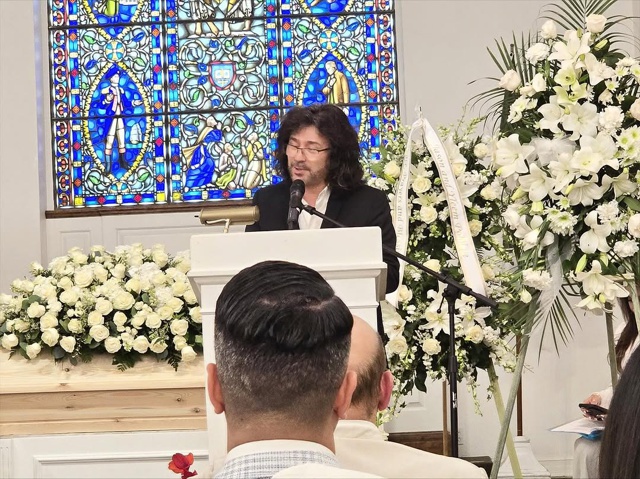They argued that he was a broadcaster, not an operational leader, and that his role was confined to media and communications. In July 2020, Sharmahd disappeared while traveling from Germany to India via Dubai, reportedly for a business trip. His phone’s last signal was traced near the Omani border before it went silent. Days later, Ministry of Intelligence announced that it had captured Sharmahd in a “complex operation.” Human rights groups and independent investigators described this as an extraterritorial abduction, alleging that agents kidnapped him from abroad and illegally transferred him.
Upon arrival, Sharmahd was held in solitary confinement at an undisclosed location for months, with no access to a lawyer or family contact. His trial took place before a Revolutionary Court in Tehran, presided over by Judge Abolqasem Salavati, known for politically motivated verdicts. Human rights observers, including Amnesty International and the UN Working Group on Arbitrary Detention, condemned the trial as unfair and coerced, citing evidence that Sharmahd had been tortured and denied due process.


